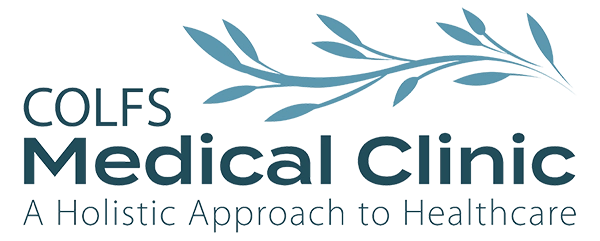Prenatal Vitamins: Nurturing Healthy Beginnings
- Divine Digital Agency

- Jan 8
- 2 min read
Updated: Jul 16

Pregnancy is a transformative journey that brings forth an array of physical and emotional changes. Amidst this remarkable process, ensuring the optimal health of both the mother and the growing fetus stands as a paramount priority. Prenatal care, particularly the intake of prenatal vitamins, plays a pivotal role in fostering a healthy pregnancy and the well-being of the developing child.
Prenatal vitamins are specialized supplements tailored to meet the increased nutritional demands of pregnancy. They are specifically formulated to provide essential vitamins and minerals crucial for fetal development and to support the mother's changing body. While a balanced diet is fundamental, these supplements act as a safeguard, ensuring that both mother and baby receive vital nutrients, often in amounts difficult to obtain through diet alone.
One of the fundamental components of prenatal vitamins is folate (or it's synthetic form Folic Acid.) a B-vitamin crucial in preventing neural tube defects like spina bifida. Adequate intake of folic acid before conception and during early pregnancy significantly reduces the risk of these birth defects, underlining its critical role in fetal development. Another vital nutrient in prenatal vitamins is iron. Pregnancy demands an increased supply of iron to support the expanded blood volume and to ensure proper oxygenation for both mother and baby. Iron deficiency during pregnancy can lead to anemia, posing risks of premature birth, low birth weight, and developmental issues in the infant. Calcium, essential for bone development, and vitamin D, crucial for calcium absorption, are also commonly included in prenatal supplements. Both nutrients play pivotal roles in supporting the baby's skeletal formation and maintaining the mother's bone health during the taxing period of pregnancy and breastfeeding.
The inclusion of other essential vitamins such as vitamin C, vitamin A, vitamin E, and various B-vitamins like B6 and B12 further fortifies the supplement's comprehensive support for the mother's overall health and the baby's development.
However, it's important to note that prenatal vitamins are not a substitute for a healthy diet. Rather, they complement a balanced and nutritious eating plan. They serve as a safety net, filling potential gaps in the diet to ensure the consistent supply of essential nutrients. For pregnant individuals who struggle with nausea, dietary restrictions, or conditions that affect nutrient absorption, such as celiac disease, prenatal vitamins become even more crucial. They help mitigate the risk of nutrient deficiencies that could adversely impact both maternal and fetal health.
Before starting any prenatal supplement regimen, consulting with a healthcare provider is paramount. Every pregnancy is unique, and individual nutritional needs can vary based on pre-existing health conditions, dietary habits, and personal factors.
In conclusion, prenatal vitamins play an indispensable role in supporting a healthy pregnancy and fostering optimal fetal development. Their carefully curated blend of essential nutrients acts as a cornerstone in ensuring that both mother and baby receive the vital building blocks necessary for a promising start in life. While not a replacement for a wholesome diet, these supplements serve as a valuable addition to prenatal care, emphasizing the significance of a comprehensive approach to nurturing the health and well-being of the growing family.
At COLFS Medical Clinic we can help you navigate your pregnancy journey, including finding the right prenatal vitamin for you. Make sure to schedule your prenatal appointment with one of our providers today.



